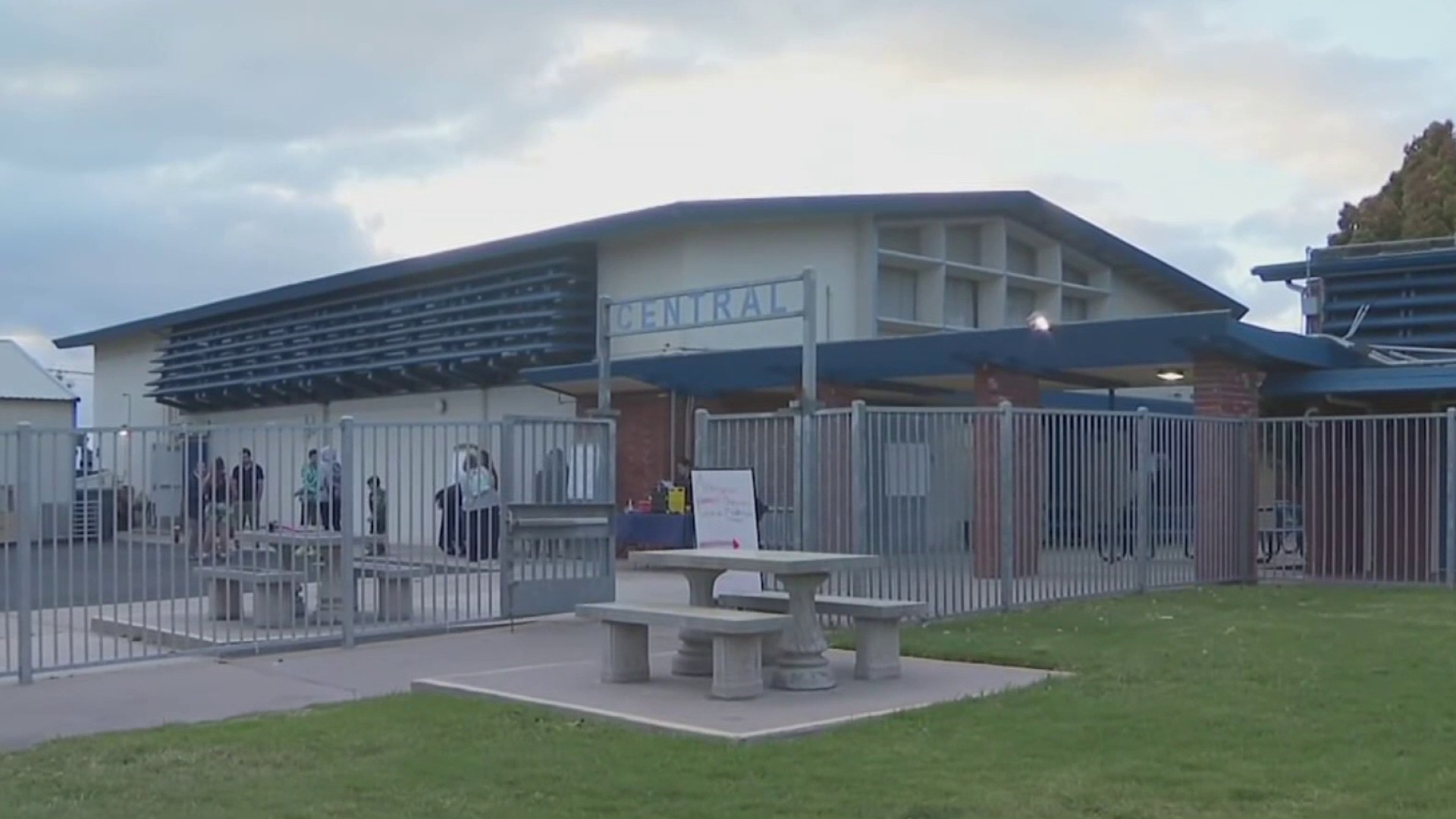What to Know
- Recreational marijuana was legalized by Proposition 64 in November 2016.
- In March, Chula Vista approved an ordinance Tuesday allowing for either dispensaries, retail delivery, storefronts and cultivation.
- The industry could generate $6 million in revenue for the South Bay city that has been challenged with public safety resources and staffing.
Voters across the county will be deciding on various hot-button issues come Nov. 6, like Measure Q which could decide the fate of marijuana dispensaries and manufacturers in Chula Vista.
Voters passed Proposition 64 in 2016, allowing anyone over 21 to legally smoke marijuana privately, and possess up to 28.5 grams of marijuana and up to 8 grams of concentrated marijuana.
However, the initiative allowed for local regulation and not all communities have approved the sale of recreational marijuana.
Supporters of Measure Q say it’s a big deal because if voters don't approve it, things will stay just like they are now: Absolutely no legal marijuana manufacturing or dispensaries within city limits.
If the yes votes prevail, that means licensed shops can open up and the city can tax manufacturing, cultivation and testing sites, as well as dispensaries and delivery services anywhere from 5 to 15 percent.
Manufacturing, cultivation and testing will be limited to industrial-zoned sites only, and those establishments will have to qualify for a permit.
Local
"We will not grant a license to anybody who has been operating illegally," Chula Vista Mayor Mary Casillas Salas said.
Every applicant will have to pass a criminal background check, financial check, and have their site approved through the whole permit process. They’ll also need a plan for security and money handling.
According to City Councilmembers, some of the revenue from the tax would go toward setting up an enforcement unit focused on regulating legal pot shops and shutting down illegal ones. The rest of the revenue would go into the general fund.
The Chula Vista City Council has been working on Measure Q for the past two years while cities across the state have approved sale and cultivation of laws of their own.
"We decided as a council that we needed to control our own destiny relative to the number of pot shops and the placement of them," Mayor Salas said.
The measure gained even more momentum after countless illegal pot shops and delivery services sprouted in the city.
"They have spinners outside advertising. They're really being bold and aggressive. We really need to be able to rein that in and control the situation here in Chula Vista," Salas said.
Measure Q stipulates an eight-dispensary maximum in the city, and if the maximum is reached then only four additional delivery services will be allowed.



